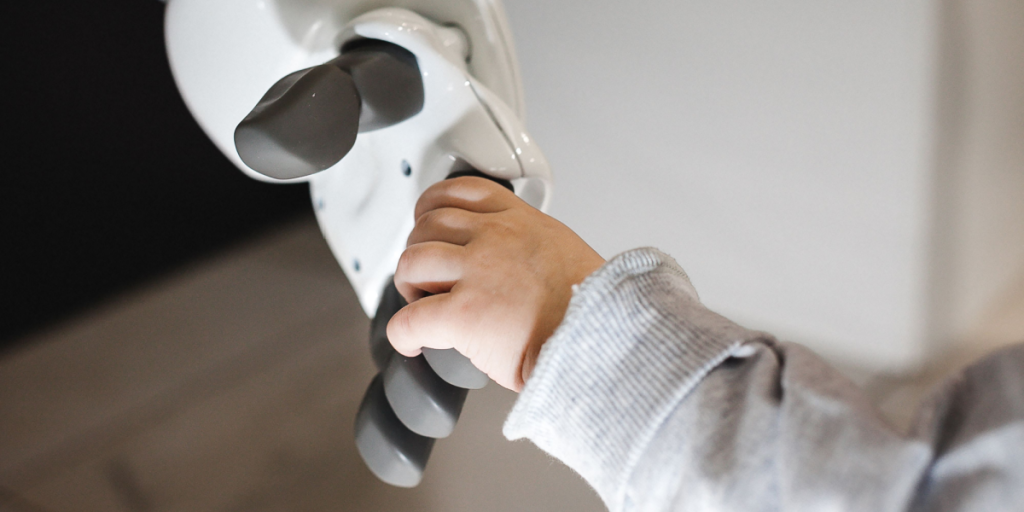Robot With Built-In Uterus Stirs Controversy and Curiosity
Others are reading now
Technology is moving fast, sometimes faster than people are ready for. In the past decade we have seen robots take on roles that once belonged only to humans.
Machines now clean our homes, write texts, drive cars, and even perform delicate surgeries. But a new project out of China takes this even further.
A company in Guangzhou is building a humanoid robot designed to carry a pregnancy using an artificial uterus.
Similar Environment
Kaiwa Technology, led by Dr. Zhang Qifeng, announced that the project is already underway, according to WP. The robot will have an artificial womb where a fetus can grow in a fluid environment similar to a natural pregnancy.
Nutrients will be delivered through special tubing. The company claims this system has already been proven in labs and only needs to be merged with the humanoid robot.
Also read
The expected release date is 2026, and Chinese media reports the price will be under 100,000 yuan, or about 13,900 US dollars.
The idea has generated a wave of controversy. Many people question whether such a technology should exist, while others see it as a chance for people struggling with infertility to have children.
Chinese authorities in Guangdong Province are already in talks with the company, and proposed regulations have been submitted. Experts note that this is not the first step toward artificial wombs.
The Lamb Experiment
In 2017, researchers managed to keep a lamb alive and growing inside an artificial environment, though the method had limits.
The company showcased a prototype concept at the 2025 World Robot Conference in Beijing. Dr. Zhang stressed that this is not just a container for a fetus.
Also read
It is meant to be a full humanoid robot that can interact with people during the pregnancy. A working version is expected within a year.
The same conference also revealed other breakthroughs. One of them was the GEAIR robot, a machine that combines artificial intelligence and biotechnology to help farmers.
It can use gene editing to create hybrid seeds more efficiently, with the goal of boosting crop production in China.
Both projects show how quickly artificial intelligence and biotech are merging. They also raise serious ethical and legal questions that will have to be answered before such machines become a normal part of life.


